Gardenia is a genus of flowering plants belonging to the family Rubiaceae, comprising around 200 species, most notably Gardenia jasminoides, commonly known as Cape Jasmine. Native to tropical and subtropical regions of Africa, Asia, and the Pacific Islands, Gardenias are celebrated for their exquisite, fragrant white flowers and glossy evergreen foliage.
Physical Appearance:
Gardenia plants are evergreen shrubs or small trees, typically reaching a height of 3 to 6 feet (0.9 to 1.8 meters), although some varieties can grow taller. The leaves are glossy, dark green, and oval-shaped, arranged in opposite pairs along the stems. The flowers are large, waxy, and usually white, although some cultivars may have yellow or cream-colored blossoms. Each flower has a sweet and intoxicating fragrance that fills the air around it.
Cultural Requirements:
Gardenias thrive in warm, humid climates and prefer bright, indirect sunlight. They are best grown in well-draining, acidic soil rich in organic matter. Regular watering is essential to keep the soil consistently moist, but they should not be allowed to sit in waterlogged conditions. Gardenias also benefit from high humidity levels, making them ideal for greenhouse or indoor cultivation in some regions.
Uses:
1. Ornamental Purpose: Gardenias are prized for their stunning flowers and captivating fragrance, making them popular choices for gardens, landscapes, and as indoor potted plants.
2. Cut Flowers: Gardenia blooms are commonly used in floral arrangements, adding elegance and a delightful scent to bouquets.
3. Fragrance Industry: The essential oil extracted from Gardenia flowers is used in perfumery and aromatherapy for its sweet and exotic aroma.
4. Symbolism: In some cultures, Gardenias are associated with love, purity, and friendship, often used in bridal bouquets or as gifts.
5. Traditional Medicine: Some Gardenia species have been used in traditional medicine for their potential health benefits, though caution should be exercised due to their toxic properties.
Note: Gardenias can be sensitive to extreme temperatures, particularly frost and high heat, and may require protection in regions with harsh climates. They are susceptible to various pests and diseases, such as aphids, whiteflies, and root rot, so regular inspection and proper care are necessary to maintain their health and beauty. Gardenias can also be affected by chlorosis, a condition caused by iron deficiency, resulting in yellowing of the leaves. Supplementing the soil with chelated iron can help alleviate this issue. Overall, with the right conditions and care, Gardenias can bring a touch of beauty and elegance to any garden or indoor space.

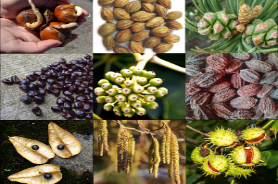
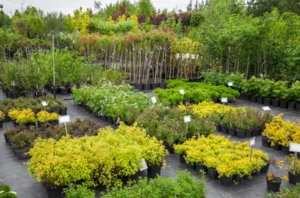
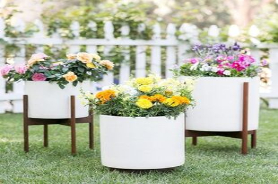
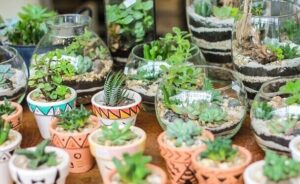

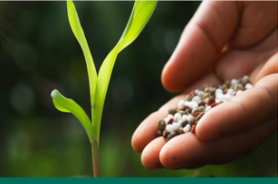
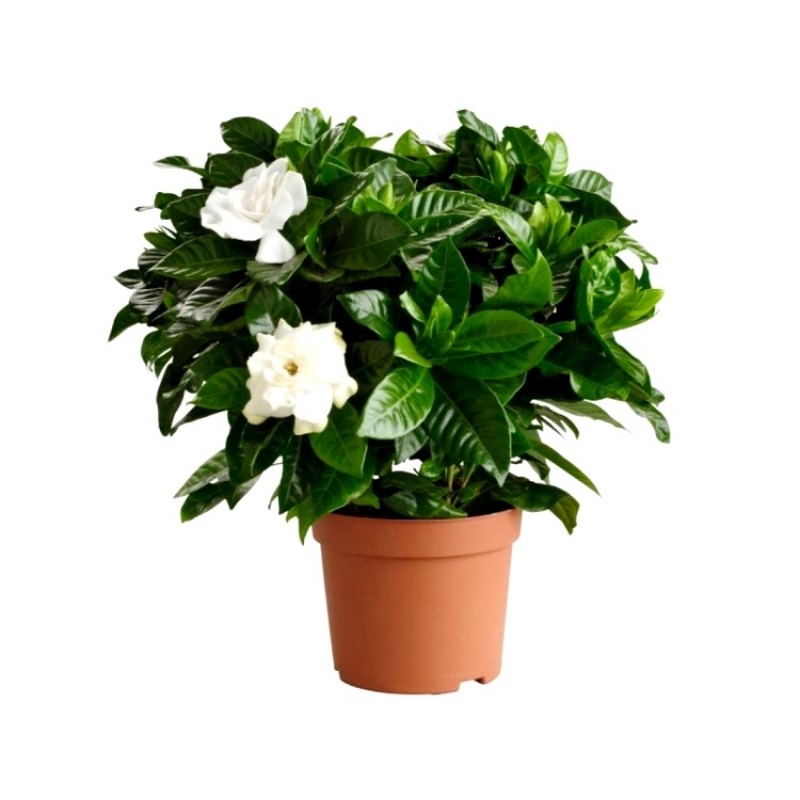
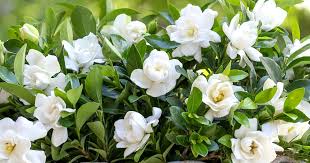
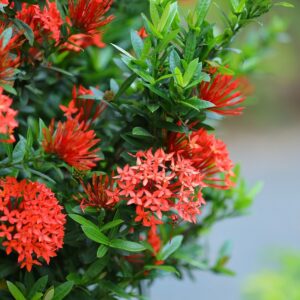

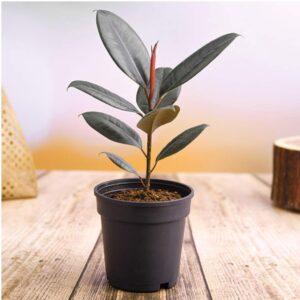

Reviews
There are no reviews yet.